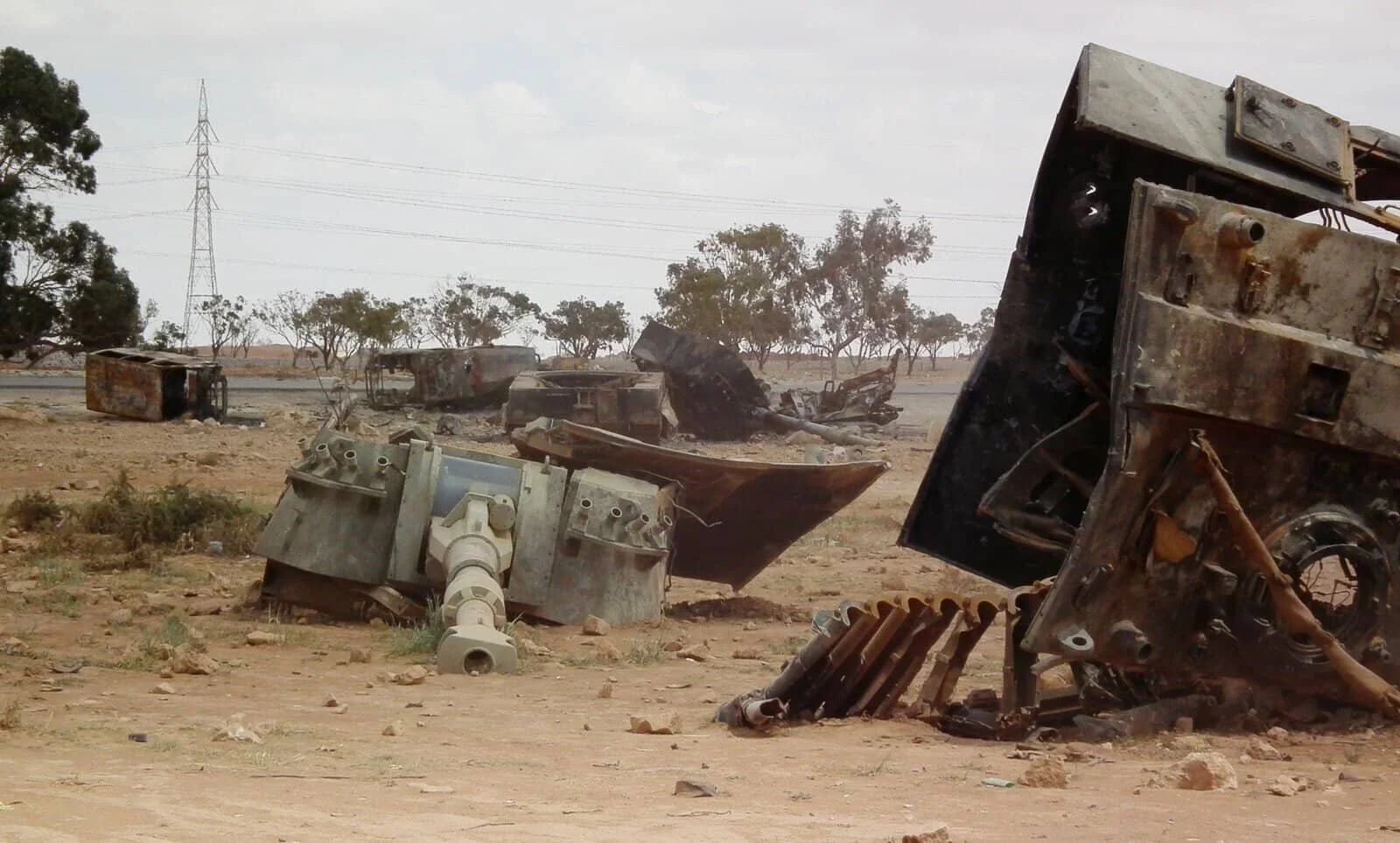BACKGROUND: The war in Libya and its ongoing impact on commercial shipping
14 January 2021
Even while oil prices ebb with the global COVID-19 pandemic, oil traders look at Libya, whose oil policy depends on the ongoing civil war rather than market demand. Oil exports were blockaded in January 2020, and despite sporadic restarts, were only launched again in September 2020, closely following the tide of military and political situations of the involved factions.
The war is currently at a standstill, and exports are continuing. But can this situation last? How can the war further impact exports and trade to Libya?
By Kais Makhlouf, MENA Analyst
Two factions, the GNA and the LNA, are competing for power. In the West, and controlling much of the country’s population, lies the Government of National Accord (GNA). The Tripoli-based GNA is recognised by the UN as the legitimate government of Libya, but is struggling to assert its power over the parts of the country it rules.
The GNA relies on militias and foreign powers, notably Turkey, to prop up its military power and ensure its continued existence. To the east, in Benghazi, lies the Libyan National Army (LNA) controlled by Khalifa Haftar, a former officer in the Libyan forces and defector from Gaddafi’s regime. The LNA likewise relies on militias and foreign backers, the UAE, Russia and France among others, to control its territories. Just like the GNA, it is struggling to keep these militias’ powers in check.
Much of the fighting has centred around control of the oil industry, which accounts for much of the Libyan economy. Both factions have sought to control the country’s oil terminals on the coast, as well as the oil fields throughout Libya. Crucially, the LNA has held on to the so-called “Oil Crescent”, a territory in central Libya where many oil terminals and oil fields are, and Libya’s income is generated. It is therefore an extremely valuable asset in the fight for Libya’s future.
The stakes are high enough that the warring parties, otherwise distrustful of one another, agreed to resume exports and place the accrued revenue in political escrow. Traders can now trade goods and raw materials in Libya but must face the complications and uncertainties of a country at war.
Territory is controlled by political factions, oil exports are run by the National Oil Corporation, and terminals are physically controlled by self-styled “Petroleum Facilities Guard”. Fees are introduced but not always levied, and law enforcement is unreliable at best. Ships may even be seized while sailing through ill-defined “no sail zones”.
This makes it difficult to plan trips to Libya, where routine steps like bunkering and lifting are exposed to varying threats. The opaque Libyan governments also complicate business for traders who find it difficult to plan precisely. Building up a precise picture of the country’s political atmosphere is important to do such planning, and requires access to sources and a consistent analysis of the situation.
Relevant resources:
The Libya Weekly Intelligence Report
Voyage Risk Assessments
Libya whitepaper

